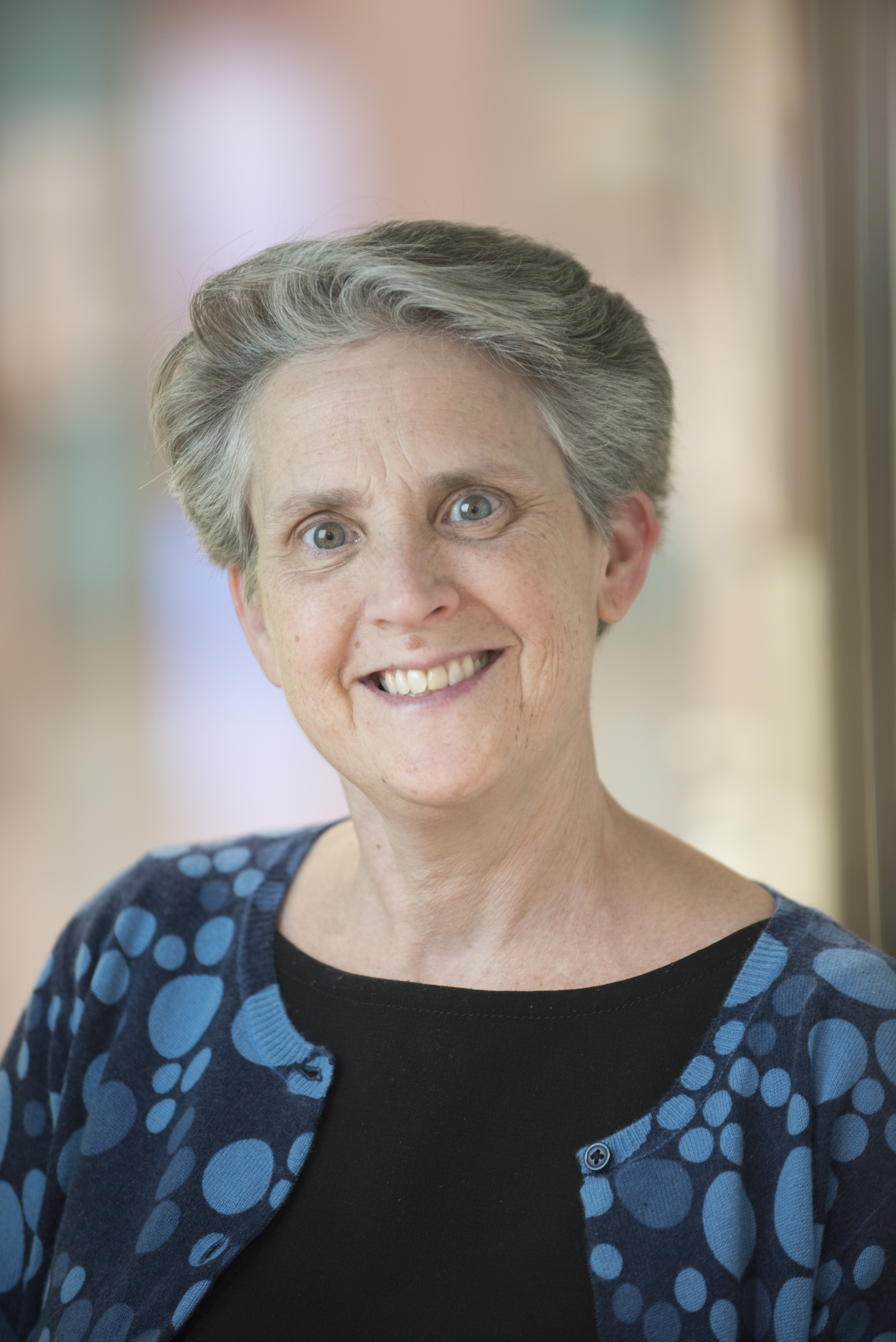Dr. Anne Bendel, a pediatric hematology-oncology specialist at Children’s Minnesota, has dedicated more than 25 years to caring for kids with brain or spinal tumors.
The hematology-oncology team focuses on caring for kids from diagnosis through treatment and providing ongoing follow-up care. Their work involves partnering with a broad, multi-disciplinary team—including experts in neurosurgery, radiology, physical therapy, speech therapy, child life, social work and more.
Recently, the hematology-oncology team—like many Children’s Minnesota specialties—have added virtual care visits to their care plans.
A new kind of health care
Before social distancing measures were put in place to manage the COVID-19 pandemic, many health care providers, including Dr. Bendel, didn’t consider offering virtual care appointments to their patients. Originally, the oncology team at Children’s Minnesota didn’t feel that virtual care was a good fit for their patients, as the care tends to be very hands-on and they felt strongly that many difficult conversations are best had face-to-face.
“As a pediatric oncologist, I deliver difficult news and feel that being with my patients is very important,” said Dr. Bendel. “I didn’t think I could provide the same level of care virtually.”

A need to innovate
As COVID-19 cases continued to rise in the spring of 2020, clinics needed to adapt to new ways of offering care to keep patients and their families safe. The oncology team enlisted the help of the hematology and virtual care teams to quickly learn how to offer virtual appointments to oncology patients, and to develop best practices for various types of appointments and physical exams.
“I didn’t think I’d be able to complete a good exam, which is so important to me, but I can examine my patients better than I thought I would be able to.” In fact, Dr. Bendel is able to complete a neurological exam, look for medication side effects (such as rashes) and examine surgical incisions, all through a computer screen.
Bendel’s first virtual care experience
Dr. Bendel’s first virtual care visit was with a patient who lived in northern Minnesota, and was unable to travel to the Twin Cities where Dr. Bendel typically sees patients in-person. His care had been managed by a local hospice team that typically cares for adults, but he had a nurse who had experience working with families.
“Previously, I met with the family via phone and email only. With virtual care, I was able to see my patient daily—a patient I cared for many years,” said Dr. Bendel. “The benefit was that I could now see him, his family and hospice nurse. I could see how comfortable he was and provide the medical and emotional support the family needed.”
Dr. Bendel met with her patient daily for 10-45 minutes, ensuring he had the care he needed and brought in other team members, such as pain and palliative care, to ensure the family had the additional support they needed.
Virtual care and patient experience
Several years ago, the clinic hanged the process for scheduling MRI scans and follow up discussions. The change split the appointments into 2 days. The scans and tests are performed on the first day, scan review, treatment discussions and follow up planning is done on the second day.
The changes have reduced the length of time patients spend at the clinic by reducing their waiting time. It also allowed more time for the team to review the results more thoroughly before meeting with the family.
Many families are now take their second day “follow up appointments” through virtual care, further improving efficiency. Patient families have told Dr. Bendel that this works better for them because they do not have to travel to and from the clinic as often, which means parents don’t have to take as much time off of work. It also benefits the providers.
“I’m able to provide a more comprehensive and accurate result the next day because I’ve had time to bring in the team for their expertise before meeting with my patients and their family,” explained Dr. Bendel.
Not only does this new schedule benefit patients and their families, Dr. Bendel has found that she experiences fewer interruptions between appointments, meaning she can be on-time and more focused on each patient during their appointment.
“Virtual care has actually been quite personable. I’ve been able to include other team members in my appointments and have found that I’m more timely and efficient.”
Virtual care as an essential part of a care plans
While not every type of appointment can be done virtually, Dr. Bendel has found that virtual care is particularly helpful for follow-up appointments where lab work, chemotherapy administration and transfusions aren’t needed.
“I really like it and find it as rewarding as in-person visits which I hadn’t expected,” said Dr. Bendel. “I find virtual care particularly good for follow-up appointments that don’t need lab work and I have been very surprised at how easy it is to review MRIs with the family virtually.”
While virtual care may not be right for all appointments, it’s a great tool to have as part of the care plan.
Children’s Minnesota virtual care
Through the virtual care program at Children’s Minnesota, you can schedule a virtual visit to video conference with your care team from the comfort of home – or an alternate private location – without the cost and time associated with traveling to one of our clinics.